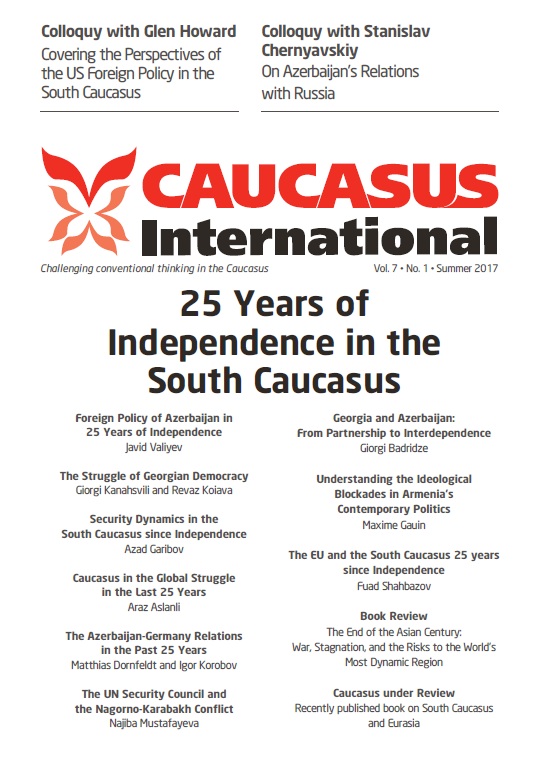The UN Security Council and the Nagorno-Karabakh Conflict: Policy of Double Standards and Unexecuted Resolutions
The Armenia-Azerbaijan Nagorno-Karabakh conflict is undoubtedly the most complex, as well as the most dangerous conflict in the South Caucasus. In 1993, the United Nations Security Council adopted a series of resolutions (822, 853, 874, and 884) demanding the immediate cessation of hostilities and the complete and unconditional withdrawal of all occupying forces from Azerbaijani territories. Despite the legally binding nature of the Security Council resolutions, they still remain unrealized. One of the main reasons for the ineffectiveness of the United Nations, particularly the Security Council, is its inability and in some cases unwillingness to ensure the implementation of its resolutions. The failure of resolutions not only undermines the credibility of the United Nations, but also threatens international peace and security. However, the UN Security Council has the authority to apply sanctions to member states that fail to execute its resolutions. The resolutions of the Council adopted according to Chapter VII of the UN Charter (Action with Respect to Threats to the Peace, Breaches of the Peace and Acts of Aggression) contain the legal elements of international responsibility. Measures taken by the UN Security Council in accordance with Article 41 and 42 of the UN Charter are coercive measures intended to encourage the offender to fulfill the obligations arising from its international legal responsibility.
Latest news
- 03/17/2020 Call for Submission: “Non-Alignment Movement and Its Perspective in International Affairs”. Deadline: 1 July 2020 2625 views
Popular articles
- 02/24/2020 The Role of Irredentism in Russia’s Foreign Policy 2536 views
- 02/24/2020 Construction of sub-national identity vis-à-vis parent state: Gagauz case in Moldova 2218 views
- 02/24/2020 The Conflict in Ukraine - The Geopolitics of Separatism and Divergent Identities (Commentary) 2072 views
- 02/24/2020 The Role of the Soviet Past in Contemporary Georgia 2044 views





